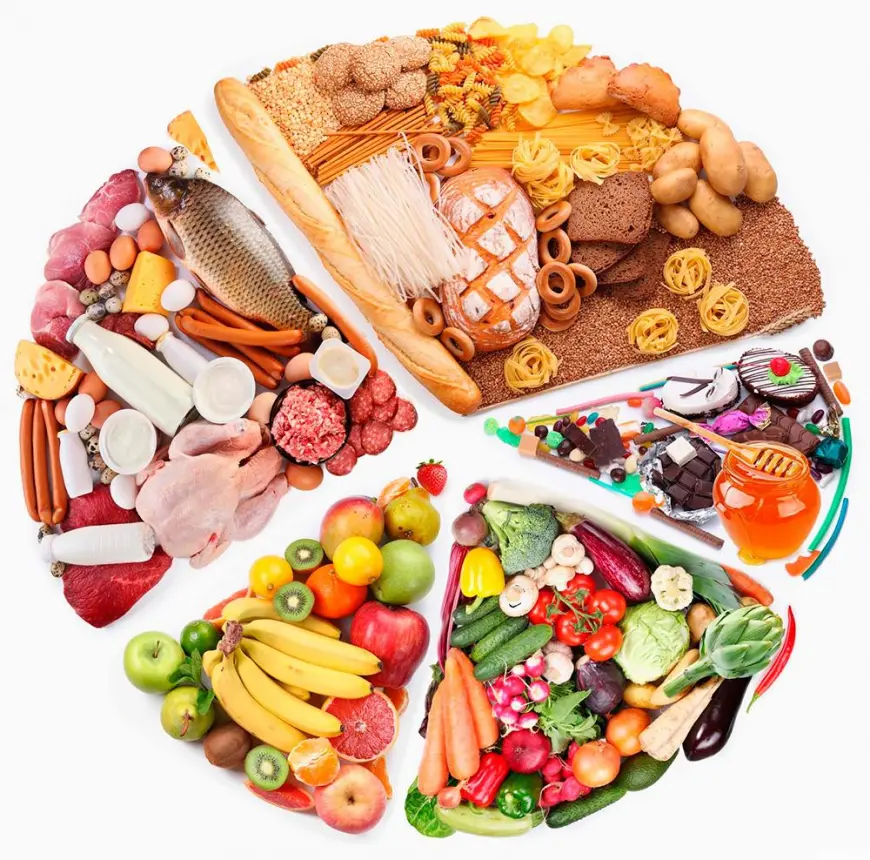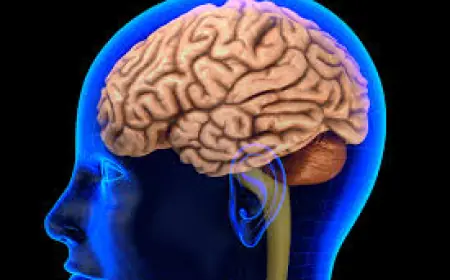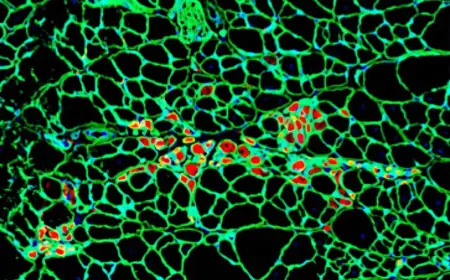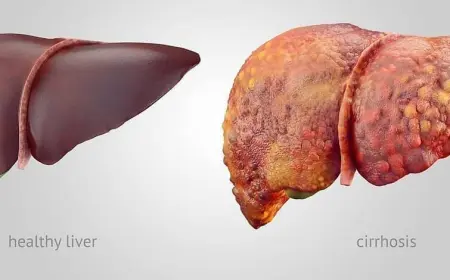Tips for Proper and Balanced Nutrition
Proper and balanced nutrition means a diet that fully meets a person’s physiological needs. It provides the body with the necessary calories, vitamins, minerals, and nutrients, helping to maintain health and prevent diseases. To avoid consuming foods with low nutritional value, it’s important to follow the principles of healthy eating.

Numerous studies confirm the need to include five main food groups in the diet: vegetables and fruits, grains, protein sources, dairy and soy products, and healthy fats.
Vegetables and Fruits
Vegetables are a fundamental part of a healthy diet. It’s recommended to consume leafy greens, red, orange, and starchy vegetables, as well as legumes. They can be eaten raw or cooked, but it’s important to note that cooking can reduce their vitamin and nutrient content. Deep-fried vegetables, such as French fries, are not only nutritionally poor but may even be harmful.
Fruits are rich sources of vitamins and minerals. Whole fresh fruits are preferred over juices, as juices contain less fiber and often added sugar. Even freshly squeezed juices should be consumed in moderation. In winter, frozen or canned fruits can be used, though canned options should not be overused.
Grains
Whole grains retain all three parts of the grain and are digested slowly, which helps maintain stable blood sugar levels. They are also good sources of fiber and protein. In contrast, refined grains lack essential components and can cause blood sugar spikes. Modern recommendations suggest that grains should make up about 25% of the diet, not half as previously thought.
Protein Sources
Protein is a crucial element of the diet. It’s important to include both animal (lean beef, veal, pork, poultry, fish) and plant-based proteins (legumes, soy). Protein should make up approximately one-quarter of the daily food intake.
Dairy products, especially those with reduced fat content, are important sources of calcium and other nutrients. For those with lactose intolerance or allergies, lactose-free or plant-based alternatives like soy or almond milk can be used.
Maintaining a Healthy Weight
Improper or inadequate nutrition is one of the most common reasons for failure in weight loss. Regular physical activity, proper nutrition, and balanced meals help reduce the risk of excess weight and obesity. For effective weight management, a diet should:
increase protein intake;
reduce fast carbohydrates;
eliminate processed foods and fast food;
be rich in vitamins, minerals, and fiber;
include portion control to avoid overeating.
Weight loss should not rely on diet alone; physical activity must gradually increase. Walking, swimming, or light exercises are a great start. For better results, a combination of cardio and strength training is recommended, as this helps speed up fat loss and improves overall health.



























